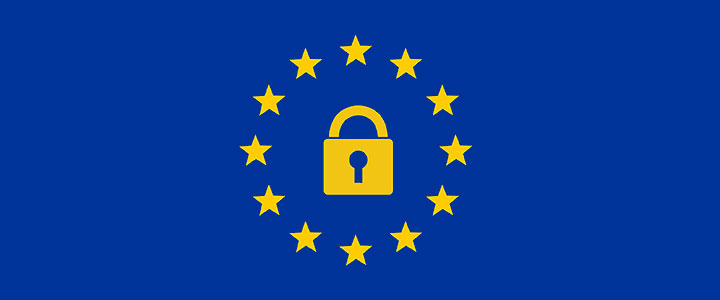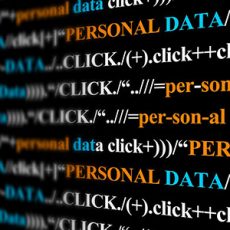
The regulatory offensive being done by the European Union with the so-called ‘gatekeepers’ of the digital economy – the large Internet platforms – just might be a before and after in the unbalanced market position these enjoy. However, both the Digital Services Act and Digital Markets Act ignore a key element in regulating the use and exchange of personal data: an economic calculation of the consumer-digital relationship.
How much is the data we hand over each day to Facebook, Google or Amazon worth? We don’t know for sure, and as a result we also don’t know whether this exchange – information for services – is fair. We have a relationship with these big companies, but it is enormously unequal: they know everything about us, and we don’t even know how much the data we give them to use their services is worth. We don’t stop to think about it: we act as if it were free, but in truth we pay with our data. And in the digital economy, paying with data is paying.
Clear disregard for the consumer in the digital sphere, where practices considered inadmissible offline are accepted, in large part comes from this vagueness on the value of data. We’re talking about recording private conversations, using private information to create an advertising profile for a citizen, or the marketing of data from minors. This is why, on March 15, the EADT launched a campaign in Spain, in conjunction with World Consumer Rights Day, called ‘Do you really accept? You’re a digital consumer. You have rights.’
This unbalanced relationship between big tech users and large platforms played a leading role in the recent roundtable held by the newspaper El Mundo and Actualidad Económica magazine regarding the shadow price of data. Participating in the discussion, held online, were Ricardo Rodríguez Contreras, President of the EADT; Javier Santacruz, economist and senior researcher at the Fundación Civismo; and Borja Adsuara, a lawyer and one of Spain’s leading experts in digital law.
Through Epicenter, a network of European think tanks that Civismo belongs to, Santacruz has worked on a study to provide an answer in regard to the economic value of the data used by big tech. The conservative estimate, he explained, puts the economic value of user data at 200 euros per year, as compared to 500 euros per year as a middle-ground scenario and 2,000 euros per year as a high. “This would be the shadow price, but it is obviously an estimate because the market is not transparent,” he said.
Innovation and regulation
Creating this more transparent market, where the playing field is equal and competition is not strangled is, in short, the regulatory challenge facing the EU now, which obviously starts from a lagging position: the digital world today is dominated by China and the United States, to the point that the sovereignty of European countries is beginning to be threatened.
How has the EU responded to this challenge in recent years? The speakers agreed that, in this case, Europe is very different from the United States. As opposed to a more innovation-friendly business, economic, and even social approach across the Atlantic, Europe has confronted the digital phenomenon more concerned with regulations.
These regulations, noted Adsuara, at the start of legislating the digital economy, were exclusively on the lookout for aspects more concerned with ethics, such as protection of privacy and the right to honour. It is now that the EU has noticed the enormous economic value of data. “In recent years Europe has made a lot of progress in this area, but meanwhile other actors have taken advantage of the delay,” assured Rodríguez Contreras. “And they now have huge lobbying capacity and can even bend political powers to their will. We have seen this in California, with changes in labour legislation on platforms like Uber.
But not everything is a matter of regulations. “More than regulations, I’m concerned about business decisions,” Adsuara stated, “For example, when Google decides that it will stop using cookies,” raising concerns in the media and advertising agencies. For Santacruz, this is a perfect example of the ability of big tech companies to open or close the doors to a market: “These companies are both judge and jury, and decide how they operate in the market. This doesn’t happen in any other industry,” he explained.
It would be a mistake, then, to focus only on the economic relationship between citizens and big tech companies. These have become systemic entities, with an almost monopolistic market position in some areas. And their power, misused, even has huge political influence, as the Cambridge Analytica case demonstrated.
As Santacruz summed up, “We are talking about the rights of the digital consumer, but ultimately about the rights of citizens. That’s the root of the issue, beyond an economic calculation.”




